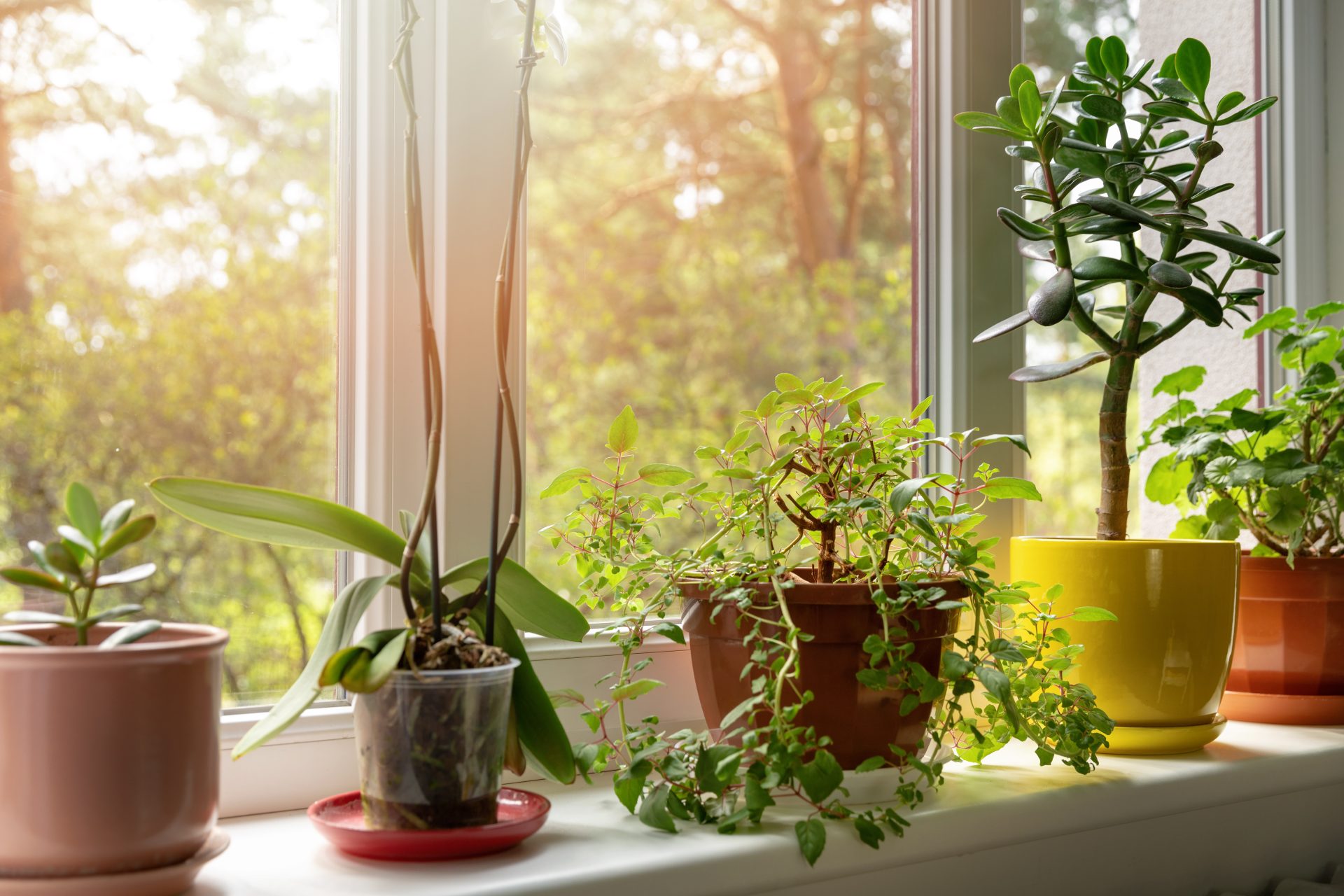|
Only have a minute? Listen instead
Getting your Trinity Audio player ready...
|
Incorporating plants into your home can beautify your space and create a positive environment. A variety of indoor plants thrive year-round, and can provide color in your home.
Charlie Hall, Ph.D., professor and Ellison Chair in International Floriculture in the Texas A&M Department of Horticultural Sciences, has conducted research on the health benefits of plants and nature. Hall said plants can improve your quality of life and should be perceived as a necessity due to the range of positive physical and mental impacts plants have on humans.
How plants impact the mind and body
Adding plants in your home will not only create a beautiful space to avoid the cold elements, but surrounding yourself with plants can provide positive stimulation. Hall said this positive effect can be compared to the happy emotions one feels when interacting with a dog or cat. These actions trigger the same responses in our brains when we are around plants.
“Biophilia is the innate love of living things, both animals and plants,” Hall said. “There is a positive impact on the brain whenever there is a number of biophilic stimuli, such as plants, in the area.”
Greenery can make a positive influence
Shorter days and colder temperatures keep people inside their homes for long periods of time, and many people feel as if their moods are affected by the winter season. Plants can help boost our mood, Hall said.
Hall said nature and being around house plants can help lower cortisol, the stress hormone. He has also published articles reviewing the benefits of plants, including enhanced memory retention, reduced effects of dementia and greater life satisfaction.
“It’s amazing that just having plants in your home can have such a measurable impact on stress reduction,” Hall said. “Being in nature, going for walks in a park or going camping in a national forest provides an increased level of this impact, but we know that we can help reduce stress daily by bringing nature to us with plants in our home.”
Low-maintenance house plants
Whether you’re a beginner to caring for indoor plants or you struggle to keep plants alive in the winter, there are plenty of good options for low-maintenance plants that will brighten up your space.
Succulents are a common low-maintenance plant that can sustain a variety of temperatures and can survive well indoors if kept away from drafts in a brighter area of your home. Philodendron can also survive the cold weather when brought indoors, with an ideal temperature of 75-85 degrees.
Hall said pothos and dracaenas are go-to low maintenance houseplants and added that poinsettias and Easter lilies are also good seasonal choices for the winter. To enhance your outdoor space, you can plant cool-season annuals.
“All of these plants are adept at creating these responses, and they are relatively easy to take care of,” Hall said.
When finding the right spot for your plants around the house, its best to keep them away from any drafty areas. Placing a plant near a heating vent can dry the plant out and shorten the plant’s life.
Hall said even if you find that you struggle to keep plants alive, don’t let that deter you from purchasing a house plant. Plants can still provide a range of benefits, no matter how long they last.




